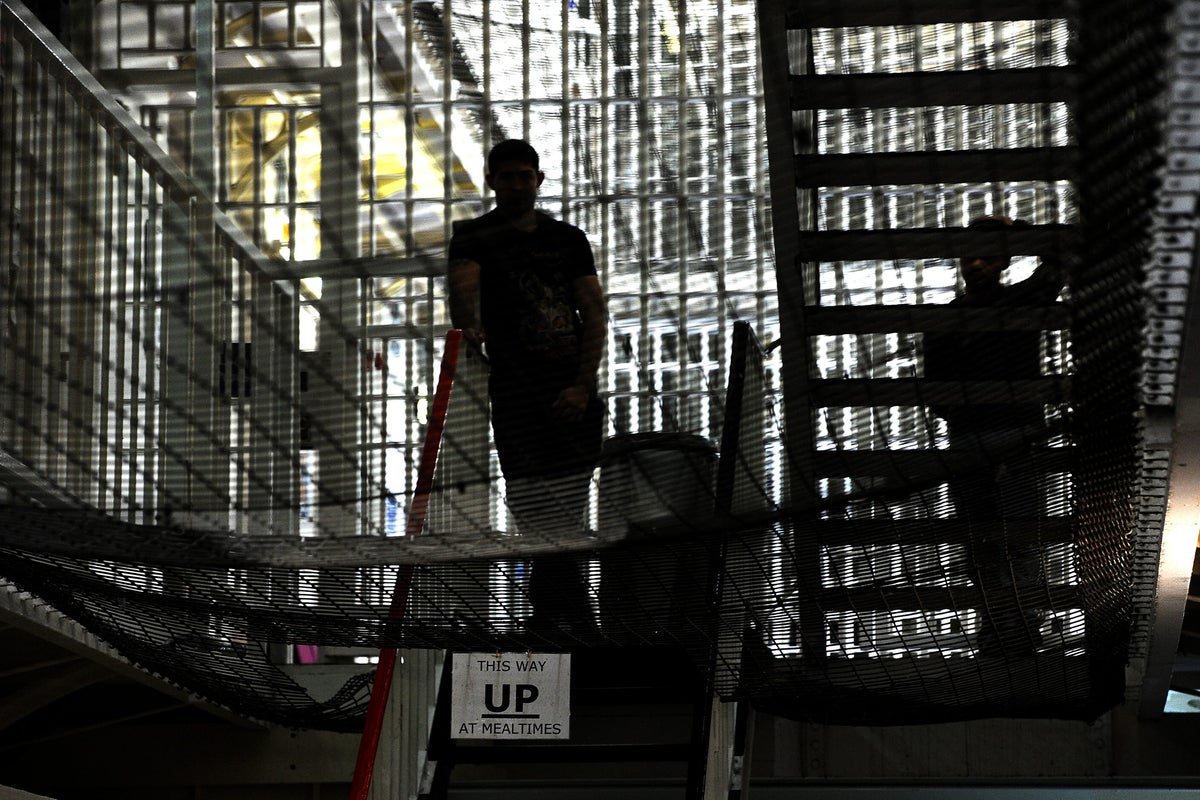
"In-depth research into the experiences of prisoners released from long-term incarceration has revealed many feel abandoned and ill-equipped to cope with life on the outside as they struggle to find housing, employment and rebuild their lives. Those serving controversial Imprisonment for Public Protection (IPP) jail terms which were abolished in 2012 and life sentences also describe living under an overwhelming threat of recall if they fail to comply with complex and sometimes infantilising licence conditions."
"Experts have called for judicial oversight of recall decisions and a package of measures to help offenders reintegrate in a major new report from the Prison Reform Trust, The Independent can reveal. This includes pre-release training focussed on technology, including how to use a phone or laptop, how to use the internet to search for job opportunities, how to send an email and set up online banking."
"One woman released from a life sentence recalled: I remember seeing an iPhone I'd never seen a smartphone, used a smartphone. Like, what is that? What's an app on a phone? The report also calls for dedicated resettlement teams and a departure pack to ensure prisoners leave with basics including clothes, toiletries, identity documents and a SIM card."
Prisoners freed from indefinite and other long-term sentences experience persistent stigma and feel set up to fail upon release. Many feel abandoned and ill-equipped to cope with life outside, struggling to find housing, employment and to rebuild relationships. Those released from IPP and life sentences face an ongoing threat of recall if they breach complex licence conditions. Lack of basic digital skills, identity documents, clothing and phones impedes access to jobs and services. Experiences of judgement and criminal-record stigma deepen anxiety. Calls for judicial oversight of recalls and focused resettlement support aim to improve reintegration outcomes.
Read at www.independent.co.uk
Unable to calculate read time
Collection
[
|
...
]